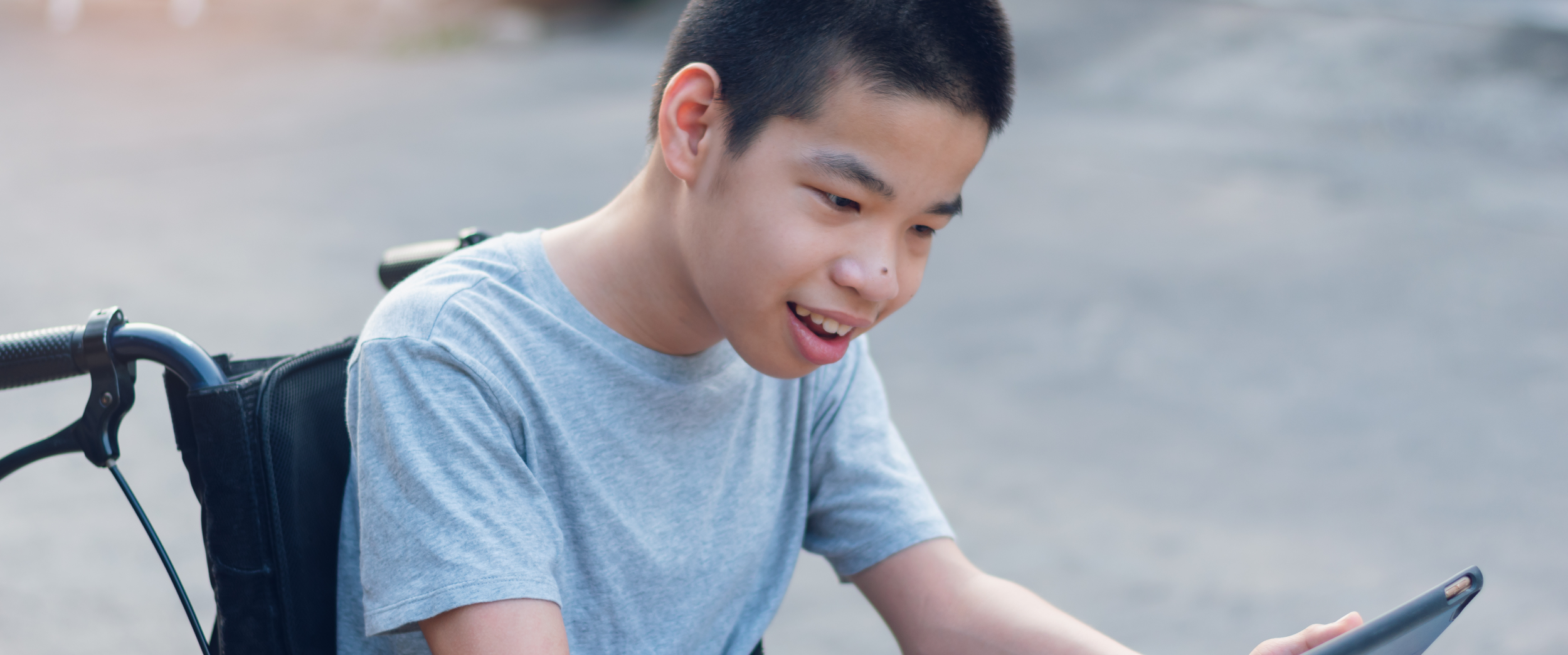After the referral is accepted, a network meeting takes place. This brings together all the important people in the young person’s life, including parents, carers, professionals from school and short break service, to identify the difficulties in each area.
Assessment period
The following steps will take place during the assessment period:
- The psychologist and PBS practitioners will visit the young person in all settings to make observations.
- Some observations will be video recorded if it’s appropriate. This will only happen with consent from the young person’s parents or carers.
- Family, school staff and carers will be involved in conversations with PBS practitioners and the psychologist. They will be asked to complete questionnaires about the young person’s behaviours and how this is affecting their day-to-day life.
- The assessment usually takes around 12 weeks.
- At the end of the assessment, the iPBS team will prepare a report to share with everyone caring for and supporting the young person.
- A Positive Behaviour Support plan will be created together with the network, which will include clear, written behavioural guideline.s
In additional to the written plan, the iPBS service will also provide support for the young person and those caring for him/her. This support will include:
- training sessions with the family, school, carers and short breaks staff.
- creating strategies to support the young person with the network.
- observing those who support the young person in putting the plan into practice and adapting guidelines if necessary.
The iPBS team will work intensively with the family, school and other carers if necessary.
Clinical psychology support and therapy
The iPBS service also offers young people, their families, carers and schools a range of clinical psychology support. These include:
- reflection time for families to think about the impact of the challenges they face in parenting a young person with a moderate or severe learning disability.
- individual therapy with the young person or their siblings.
- on-going consultation and training to schools and other carers who support the young person.
